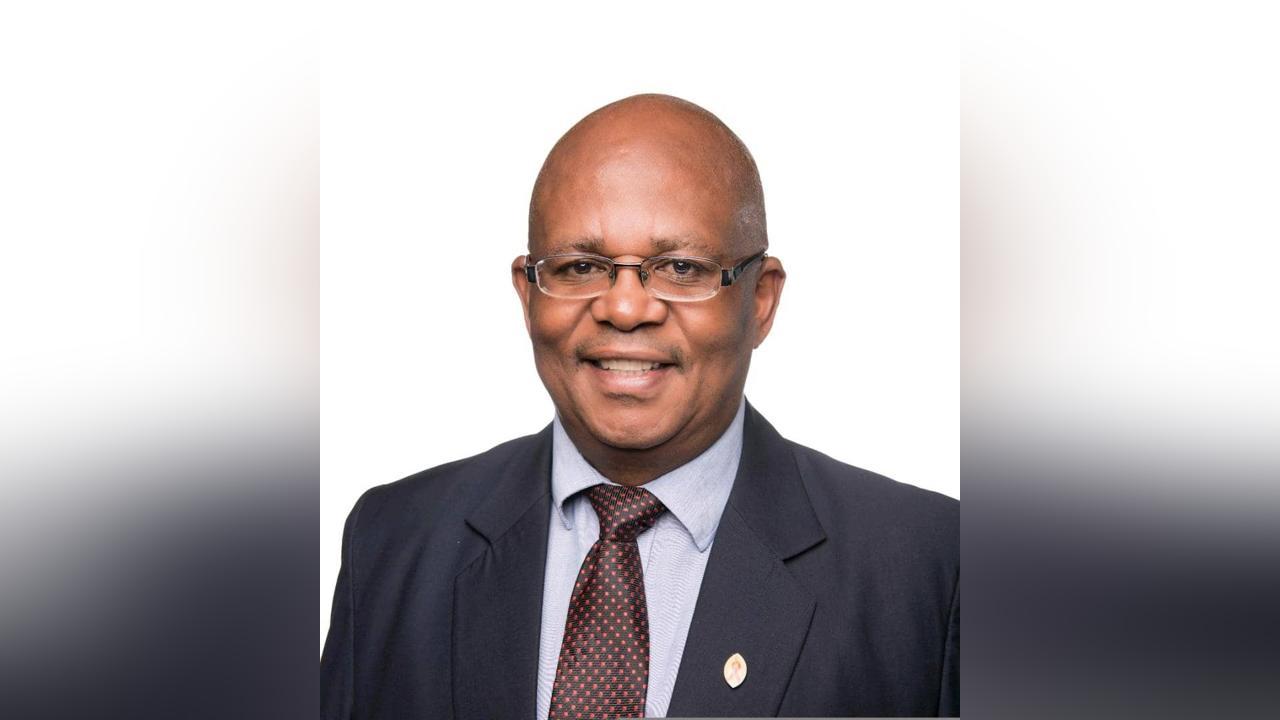Africa-Press – Eswatini. The civil servants, who have been receiving 30 per cent of their gross salary as COVID-19 allowances, are entitled to it, says the Ministry of Health.
Principal Secretary in the Ministry of Health Khanyakwezwe Mabuza said this through a statement responding to two articles by this publication on November 20, 2023 and December 11, 2023. This publication, on November 20, 2023, reported that a COVID-19 project allowance paid to some civil servants had triggered an internal inquiry, that could open a can of worms in the disbursement of such funds. The allowance, according to Mabuza’s response to the November article, was sourced from a ‘COVID Account’. which was from a donor he did not disclose at the time. At the time, he said the ministry was still assessing the expenditure of the account and the nature of payments made from it.
Paid
On the other hand, on Monday, this publication reported that some senior Health officials were being paid their COVID-19 allowances from funds that were received by Eswatini as a loan meant for two projects under the Ministry of Health. Mabuza has since issued a statement, where he said, under the COVID-19 Emergency Response Project; a project implementation unit (PIU) was established and integrated into the Ministry of Health’s operational and management structure. The PS said the key PIU functions included project coordination, financial management, procurement, safeguards (social and environmental) and communications. Mabuza said officials in the PIU were seconded from the Ministry of Health and PIU consultants were recruited externally through a competitive process.
He stated that terms and conditions of service for government officials seconded to the project PIU were determined by, among other instruments, Government General Orders and Establishment Circular No.1 of 2012. The PS said: “The seconded officials receive an additional 30 per cent of their salary for the duration of their attachment to the project. Clause 2.4 and 2.7 respectively, of Circular No.1 of 2012, state that the Civil Service Commission (CSC) is responsible for the deployment and redeployment of officers and the officers are entitled to an additional 30 per cent of their basic salary per month.” In the statement, the PS said the World Bank, in accordance with the project financing agreements, did not allocate any funds for civil servants’ salaries.
Overview
Mabuza shared an overview of the COVID-19 Emergency Response Project and said the Government of Eswatini, through a World Bank loan, was actively implementing about E267.12 million (US$14 million) COVID-19 emergency response project, aimed at preventing, detecting and responding to the threat posed by COVID-19. The US$14 million was converted to Emalangeni using yesterday’s exchange rate, being US$1 equivalent to E19.08. He said this amount included about E57.24 million (US$3 million) grant from Health Emergency Preparedness and Response Trust Fund (financed by the governments of Japan, Australia, and Germany), for enhancing Eswatini’s preparedness to future emergencies, including pandemics and other natural disasters.
The PS said the project implementation timelines were April 2020 to March 2024. He said preparation of the project included the Ministry of Economic Planning and Development (as the primary interlocutor on development assistance) and the Ministry of Finance (as the official borrower). This project, Mabuza said, was implemented under the auspices of the Ministry of Health. He said the project was approved by the World Bank Board on April 20, 2020 and thereafter endorsed by the Government of Eswatini, through regular governmental processes for projects of this nature, including approval by Cabinet, the Houses of Assembly and Senate, as well as securing the assent of His Majesty King Mswati III. The PS said the project achievements included COVID-19 vaccination rollout, especially targeting adolescents, with 55 019 individuals aged 12-19 fully vaccinated at school sites, as of October 6, 2023, achieving a coverage rate of 38 per cent.
Also, he said the project had implemented mental health interventions, including one-on-one sessions and trainings, benefitting 3 791 healthcare workers since January 2022.
The PS said it had also achieved the procurement of personal protective equipment (PPE) for frontline workers, capacity building of national health laboratories, improvements to water and sanitation facilities in health institutions, renovation of incinerators for proper COVID-19 waste management and preparation for future pandemics and other health emergencies.
Revised
Mabuza said: “Procurement activities within the project strictly adhere to the World Bank’s Procurement Regulations for Investment Project Financing (IPF) Borrowers for Goods, Works, Non-Consulting and Consulting Services (July 1, 2016, revised in November 2017 and August 2018).” He said the project also followed the World Bank’s Anticorruption Guidelines (October 15, 2006, revised in January 2011 and as of July 1, 2016) and utilises Systematic Tracking of Exchanges in Procurement (STEP) for planning, recording, and tracking procurement transactions. He said all project-related information, including documents, was available online; including project description, procurement plans, as well as implementation progress updates (www.worldbank.org/projects).
For More News And Analysis About Eswatini Follow Africa-Press







